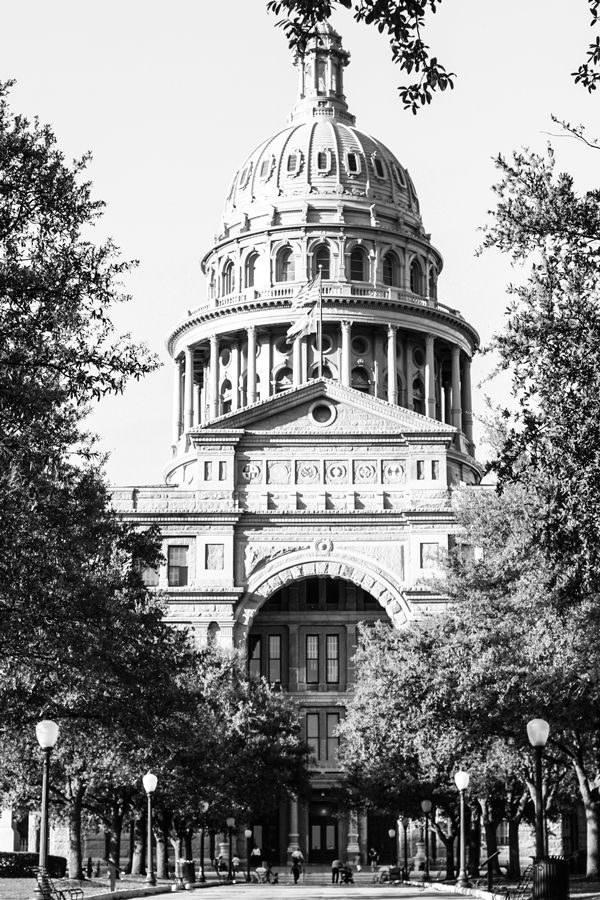New sexual assault legislation will likely fail due to Texas legislative structure
State Rep. Mary E. González, D-El Paso, recently introduced two bills in the Texas state House of Representatives in an attempt to minimize cases of sexual assault on college campuses in Texas.
According to a press release issued by the Texas House of Representatives, House Bill 1672 mandates that public universities will be required to request disciplinary records from transfer students.
“When students move between schools, their disciplinary records do not transfer with them,” said Genevieve Cato,Gonzalez’s legislative director. “This bill would require that those records would travel with the student to each new university, so that a history of sexual assault on campus would not be lost due to transfers.”
Additionally, House Bill 1744 will require the Texas Higher Education Coordinating Board to issue a voluntary survey to graduating students in order to collect information about sexual assault on campus.
“House Bill 1744 takes a broader approach to the need for accurate statistics and information about campus sexual assault in Texas,” Cato said. “This tool will help advocates and campuses get a better understanding of what is happening on campuses in Texas, and allow for more pointed work at ending this issue.”
Although the bills, which were introduced February, will likely not pass given the makeup of the Texas legislature and the difficult nature of passing a bill in the first place, they are an important part of a larger conversation about sexual assault on college campuses.
“The institutional structure of the Texas legislature means that most bills, even those with bipartisan support, fail,” said Brian Smith, political science professor at St. Edward’s University. “Given the time constraints, it is very difficult to pass legislation that is not essential to the functioning of the state.”
However, those bills that do become laws affect university policy heavily.
“Law and legislation impact higher education tremendously,” Lisa Kirkpatrick, dean of students and campus Title IX Coordinator, said.
At least, they do eventually. Before a law will begin to affect school policy, a team of attorneys and professionals must analyze and interpret it to determine which actions to take.
“(As for) anything that’s in legislation right now at the state level, we have different organizations, as do all universities, that track those bills and guide us in what to pay attention to,” Kirkpatrick said.
After any change in policy is instituted, university staff and faculty must be informed and trained in the proper protocol so they are able to deal with incidents properly as they arise.
The most recent interpretation by the Office of Civil Rights about how the school applies Title IX mandates has also impacted higher education by forcing universities to update policy and re-train faculty.
“Part of what the recent federal legislative mandates and interpretations of the law have done is made us do certain things in a very specific way,” Kirkpatrick said. “Now we have to train people, and all of a sudden professional associations came into play.”
Additionally, although Title IX is nothing new, it is continually being clarified and interpreted in different ways; in turn affecting school policy.
“Title IX has been on the books since 1972,” Kirkpatrick said. “We just weren’t interpreting it.”
Currently, Gonzalez’s bills will not apply to private institutions like St. Edward’s, “because the legislature does not have the appropriate enforcement mechanisms to require that private institutions follow them,” according to Cato.
Regardless, the university will continue its efforts to make campus safe for students in accordance with Kirkpatrick’s motto: “It’s all about doing the right thing.”







